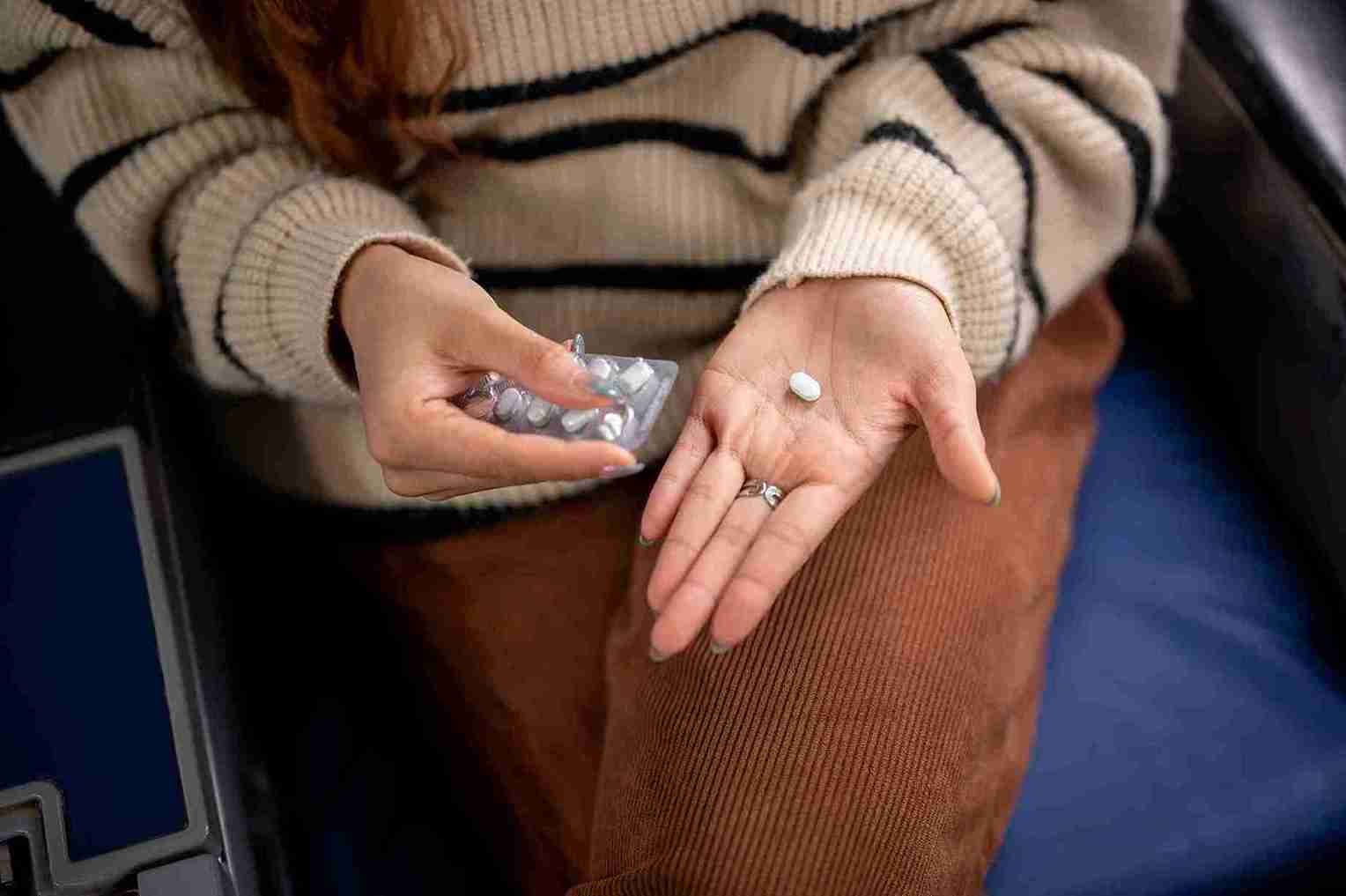
Vaginal infections are very common and affects most females at some point in their lives. The risk of contracting a vaginal infection is higher once a female is sexually active. Females who are not sexually active can also contract vaginal yeast infections. Come, let’s learn more about the causes and treatment options for such infections.

A vaginal yeast infection is caused by the yeast known as candida. The body contains this specific type of yeast, which is usually in balance with the body. When this fungus’ balance is affected, it can lead to a yeast infection which can cause itching, burning sensation, dryness or redness and swelling in the vulva – the vaginal opening. It can change the vaginal discharge as well.
A vaginal yeast infection is not a sexually transmitted infection but the chances of contracting it are higher when a female is sexually active. The fungus causing the vaginal infection – Candida, is normally present in the body and doesn’t cause any trouble as long as the other bacteria keep it under control. When this balance is lost and the bad bacteria get stronger than the good bacteria, it leads to an infection.
Vaginal yeast infections are common among females of reproductive age. Though it can affect females at any time, it is more common after puberty and before menopause. Most females will have at least one yeast infection in their lives. Many will have 2 or more such infections in their lifetime.
Candida – the fungus causing vaginal infections can multiply and disrupt the delicate balance between the good and the bad bacteria if - you are on antibiotics to treat some infection, the immune system is weak due to certain health issues and treatments, hormonal changes in pregnancy and unmanaged diabetes.
Though vaginal yeast infections are common, these factors can increase the risk of contracting the infection:
● Use of certain steroids
● Use of antibiotics or birth control pills
● Health issues that affect the immune system
● Pregnancy
● Unmanaged diabetes
● Sitting in a wet swimsuit for a long
● Staying in sweaty clothes or underwear for a long
● Use of vaginal deodorant
● Using scented tampons

Some common symptoms one may experience after contracting a yeast infection are:
● Itching and irritation in the vulva region – the vaginal opening
● A burning sensation when urinating
● Pain during sex
● Vaginal pain and soreness
● Redness and swelling of the vulva
● Thick white vaginal discharge
Vaginal yeast infections are very common, but if you experience the following, it might be a complicated yeast infection that should not be ignored:
● Four or more vaginal infections in a year
● The fungus causing the infection is not very common
● Symptoms are severe – (redness, itching and swelling)
● Fluctuating sugar levels due to diabetes
● Pregnancy
● Weakening of the immune system due to underlying health issues or medications
When you experience any of the above-mentioned symptoms, it is advisable to meet the doctor. Your gynaecologist will take a sample of the vaginal discharge if any. With the results of the discharge sample test and the symptoms, your doctor can confirm if it is a vaginal yeast infection. The sample will help understand what type of infection you have and doctors can prescribe medications accordingly.

For most vaginal yeast infections, the first step of treatment is antifungal medications. These medications will fight the fungal overgrowth and try to bring back a balance in the body. These medications can be oral, topical or even suppositories that you need to place inside the vagina.
For severe infections, additional or different medications can be prescribed. This will vary from case to case, depending on the severity of the infection, how long you are suffering from it, etc.
If you are suffering from a vaginal yeast infection, here are some points to keep in mind for effective management of the infection:
● Avoid having sexual intercourse if you are on medications for the yeast infection.
● Always follow the instructions given by your healthcare provider when it comes to using medications.
● Antifungal medications can weaken the diaphragm or condoms, thus reducing the protection.
● Ensure you finish the course of medications prescribed instead of discontinuing it once your infection or symptoms reduce. The infection needs to be removed completely, or else it can come back.
● A yeast infection will not subside on its own. It requires proper medications to destroy the fungus causing the infection.
It can be difficult to prevent a vaginal yeast infection. Since the body already has the bacteria in it and the infections occur only when the bacteria in the body go out of balance, you can make the following changes to maintain the balance between the good and bad bacteria.
● Avoid douching as it can remove the bacteria that control the fungus.
● Abstain from using scented feminine products as they can disrupt the hormones as well.
● Don’t stay in wet clothing for long.
● Avoid tight underwear and opt for loose-fitting cotton ones instead.
● If using sexual lubricants, opt for water-based ones instead of oil-based ones.
● Keep your blood sugar under control.
If you have frequent vaginal infections, understanding the trigger or reason for these infections is important. Managing the reason can help prevent infections in the future.
Vaginal yeast infections can transfer sexually. So, if you have an infection, it is necessary to inform your partner about the same. Women are at a higher risk of getting the infection from their partners.

Vaginal yeast infections are very common and completely curable with proper diagnosis and treatment. It is not advisable to self-diagnose and self-medicate such infections as the wrong medications or diagnosis can lead to further complications.

If you feel a burning sensation or pain while urinating, you need to check your vagina and vulva. If you notice redness, swelling or thick white discharge, it could be a vaginal yeast infection. A doctor can check and confirm the diagnosis.

Some common symptoms of vaginal yeast infection include pain during urination and sexual intercourse, redness or swelling in the vulva and vaginal tissues, soreness or irritation of the vagina and abnormal white discharge.

First stop using scented vaginal products. You can try sitting in a tub of warm water mixed with apple cider vinegar, to reduce discomfort. Consuming yogurt can help balance the bacteria in the body. It is advisable to consult a qualified doctor before trying to treat the infection at home. In many cases, home remedies may only control the symptoms but may not clear the infection fully.

Yes, many brands sell over-the-counter medications like ointments and antifungal creams for vaginal yeast infections. However, it is best to confirm the diagnosis before you start treating the infection at home. If you are wrong about the infection, you could do more harm to yourself by self-medicating.